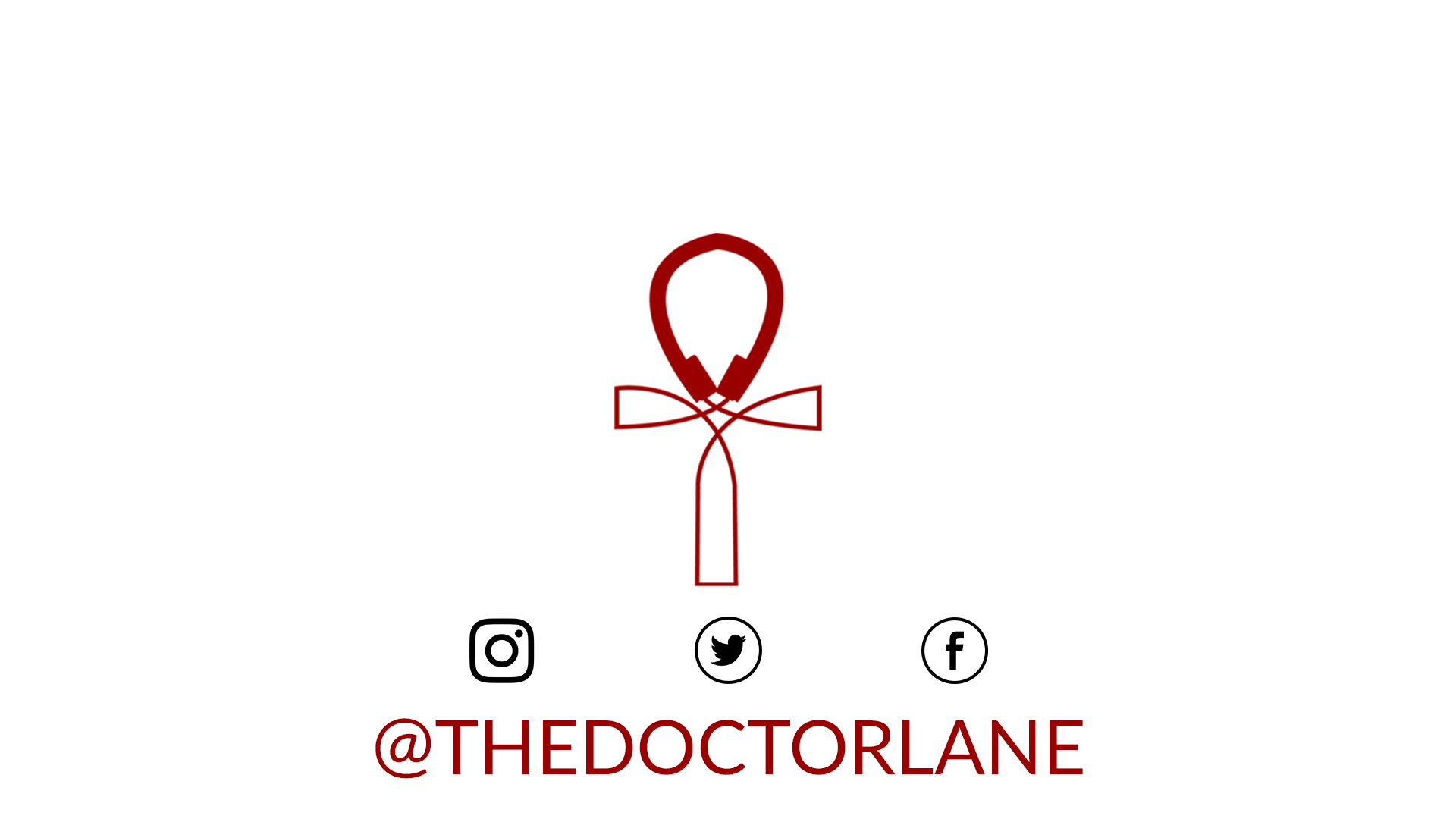May 9th, 2012
By Alicia Mooltrey

Have you ever heard that corny saying that “love is the answer”? I used to be so repulsed by that line. I didn’t realize that the reason I was so repulsed was because I didn’t know the true definition of love.

Last week, I was in a education committee meeting at work. We were talking about the different issues that we felt impacted the education of students. Some focused on parents not being involved in the school or in their children’s lives. Others focused on the schools not being supportive of parents or students. Still others felt that people in the community were not taking ownership over their neighborhood schools and were not doing enough to invest resources into the school. I took a risk and offered, “This is going to sound corny but I think the thing that is missing is love.” My supervisor responded “yes, that is quite cheesy but explain what you mean.”
If a parent is feeling inadequate and knows they are not doing the best they could be with their kid, they may avoid the school building because of feelings of inadequacy and a fear of being judged. They may lack a certain kind of love for themselves and it then plays out in their relationship with the school. This behavior can effect their children. Imagine you have a school full of children who do not value themselves or their ability and are ashamed of this and act out instead of striving to learn despite their challenges. This creates tension in the relationships between staff, students and parents. It also leads to teachers trying to figure out “Why can’t I reach this kid, Am I a bad teacher?” On top of this teachers are already constantly scrutinized and carry the burden to deliver “results,” generally, in the form of test scores. The love they came into their job is chipped away by this process. Lastly, if the community does not form a love for the kids in their neighborhood or for the neighborhood schools, it will be difficult to for them to be moved to help. There are some businesses that will not give financially to a school or to a district unless they are sure they will see an academic result (in the form of test scores). While test scores aid us in one particular way for measuring student’s ability, they can not be the only measure by which we measure their success or ours as staff, educators, and parents. Our sense of value as a community must come through love and a sense of value for ourselves and others and that is how we will reach our full potential. Instead of attacking each other, pointing fingers at who should be doing better, we should come to a place where we are standing at the edge of one another’s struggles (Audre Lorde 1984:123), and maybe then we will see “results” in our students. We all want the same thing for our children, so let’s support each other in reaching this goal rather than blame each other.
Work Cited
Lorde, Audre
1984 Sister Outsider. Berkeley: Crossing Press.
Guest Contributor:
Alicia Mooltrey is from Boston, MA. She received her Bachelor’s degree in Psychology from George Washington University in 2008. Alicia then worked as the GOTCHA Coordinator for youth summer and year round jobs in Boston. In 2011 Alicia completed her Masters in Social Work at Boston College with a clinical concentration focusing on children, youth and families. Since then she has rejoined the Dudley Street Neighborhood Iniative in Boston as an education organizer. This entails collaborating with school administrators, parents, students and other community organizations to create positive change in the education of the youth in our communities. She serves as a clinician for the Home for Littler Wanderers using therapeutic play for children age 3 to 10 years old. In 2010, The Philanthropic Foundation awarded her a Boston Neighborhood “Unsung Heroes” Fellowship. In the same year she received a First One’s Award from Access Boston.






